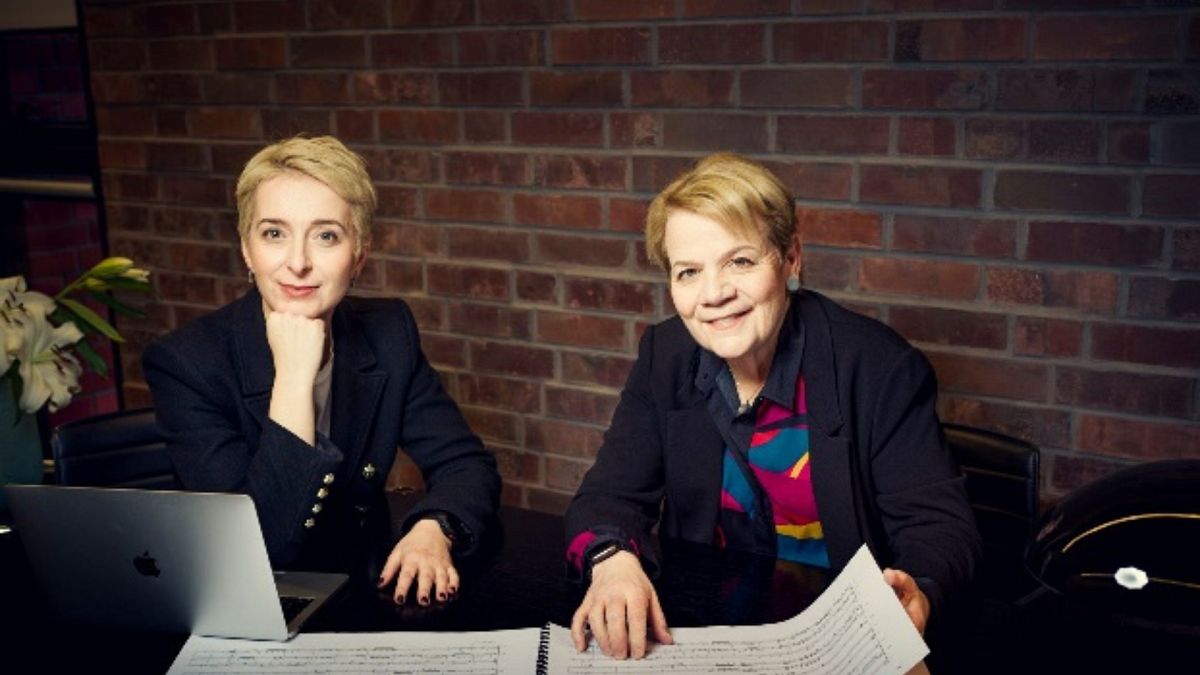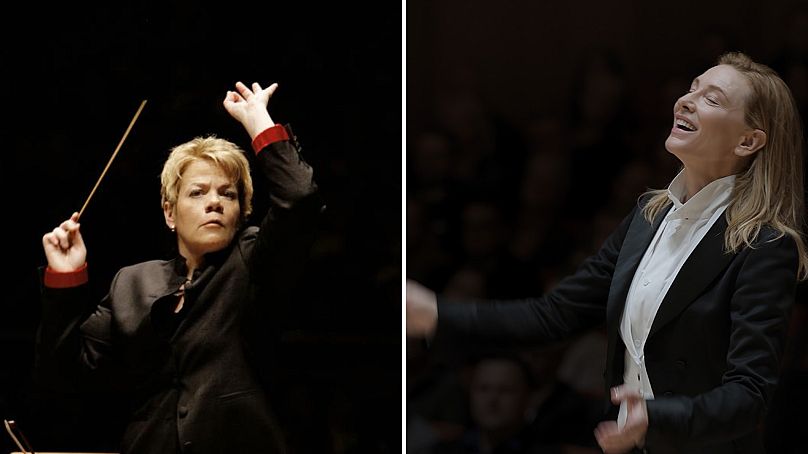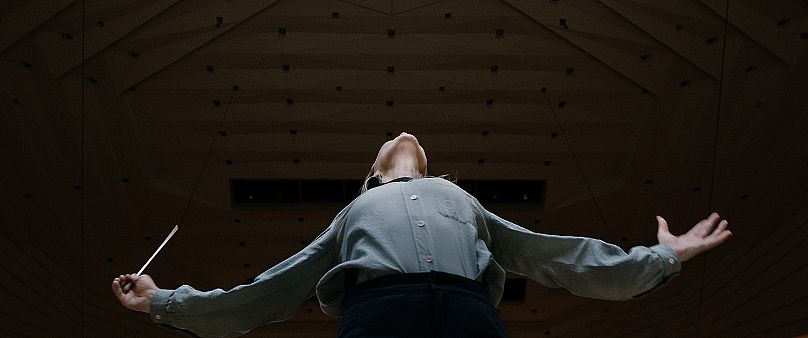Marin Alsop, the MacArthur award winning composer — whose career’s similarities to the protagonist of 'Tár' put her in headlines last year — has been announced as the next director of the Polish National Radio Symphony Orchestra.
Marin Alsop will begin her directorship of the Polish National Radio Symphony Orchestra (NOSPR) for the 2023/2024 season. She will work with NOSPR’s General and Programme Director, Ewa Bogusz-Moore, to shape the Orchestra’s programme and develop its national and international reputation.
NOSPR was founded in 1935 and has grown to be one of the most internationally renowned radio orchestras on the planet. Now housed in the Konior Studio of Katowice which has a 1,800 concert hall with one of the largest pipe organs in Europe, Alsop joins a historical list of conductors including Leonard Bernstein and Grzegorz Fitelberg.
Alsop herself is one of the most impressive names in contemporary classical music. The American-born Austrian conductor is one of the highest achieving women in her field ever. She is the first woman to serve as the head of a major orchestra in the United States, South America, Austria and Britain, as well as the first woman to win the Koussevitzky Prize for conducting. As if that wasn't impressive already, she is the first conductor to win the highly-esteemed MacArthur Fellowship, known as the “Genius Grant”.
In 2021, Alsop made her debut with the NOSPR and has since conducted 15 concerts, toured the orchestra to Japan and led three conducting masterclasses.
“I’m thrilled to accept this appointment and excited to continue our already thriving relationship. Our Japan tour last September and our ongoing recording and concert projects are part of a new vision for the 21st century orchestra. Together with Director, Ewa Bogusz-Moore, I look forward to innovative projects such as Penderecki’s rarely performed Black Mask and recording the music of wonderful composers like Grazyna Bacewicz and Agata Zubel. NOSPR’s existing commitment to mentoring the next generations of musicians and conductors also aligns with my personal commitment to the future of classical music,” Alsop said of the announcement.
Alsop founded the Taki Alsop Conducting Fellowship in 2002 to provide mentorship to young women conductors. In 2015, Alsop became Professor and Director of the Graduate Conducting Program at the Peabody Institute, Johns Hopkins University.
As one of the most famous female conductors in modern history, Alsop quickly came to many people’s mind when Todd Field’s film Tár was released to rave reviews last year. Referenced by name in the film, Alsop’s career has many parallels with the film’s protagonist Lydia Tár as played by Cate Blanchett.
The multi Oscar nominated film followed the dazzlingly successful female conductor who canonically is the first female chief conductor of the prestigious Berlin Philharmonic Orchestra. Where the film split from Alsop’s life is the self-sabotaging trajectory of Tár’s life as she is embroiled in sexual misconduct allegations.
Tár as a film is a triumph of a psychological character study. But the odd similarities to Alsop’s life put her in headlines when, in an interview with The Times, she claimed the verisimilitude of the film’s marketing discredited the work she and other women had done to succeed as composers.
“So many superficial aspects of Tár seemed to align with my own personal life. But once I saw it I was no longer concerned, I was offended: I was offended as a woman, I was offended as a conductor, I was offended as a lesbian,” Alsop said.
Alsop’s complaints were primarily with the film’s focus on the conductor as a position fraught with masculine egos for which a female conductor falls equally foul.
“To have an opportunity to portray a woman in that role and to make her an abuser — for me that was heart-breaking. I think all women and all feminists should be bothered by that kind of depiction because it’s not really about women conductors, is it? It’s about women as leaders in our society. People ask, ‘Can we trust them? Can they function in that role?’ It’s the same questions whether it’s about a CEO or an NBA coach or the head of a police department,” she explained.
“There are so many men — actual, documented men — this film could have been based on but, instead, it puts a woman in the role but gives her all the attributes of those men. That feels anti-woman. To assume that women will either behave identically to men or become hysterical, crazy, insane is to perpetuate something we’ve already seen on film so many times before.”





